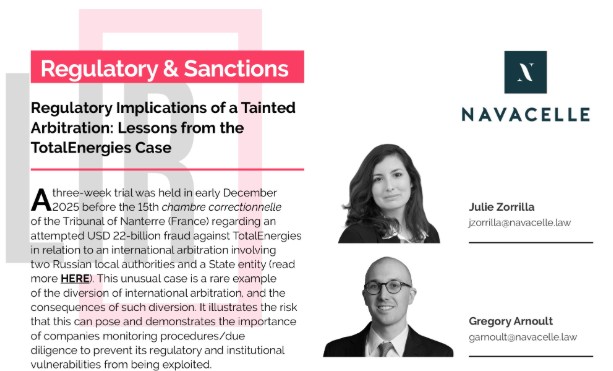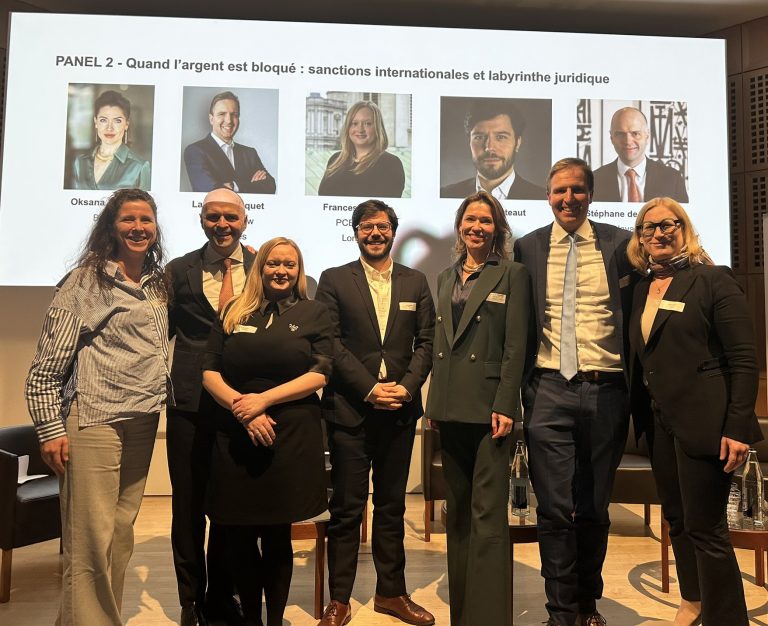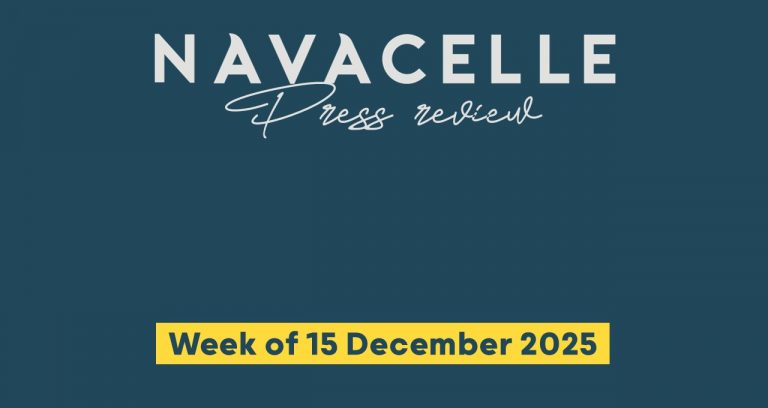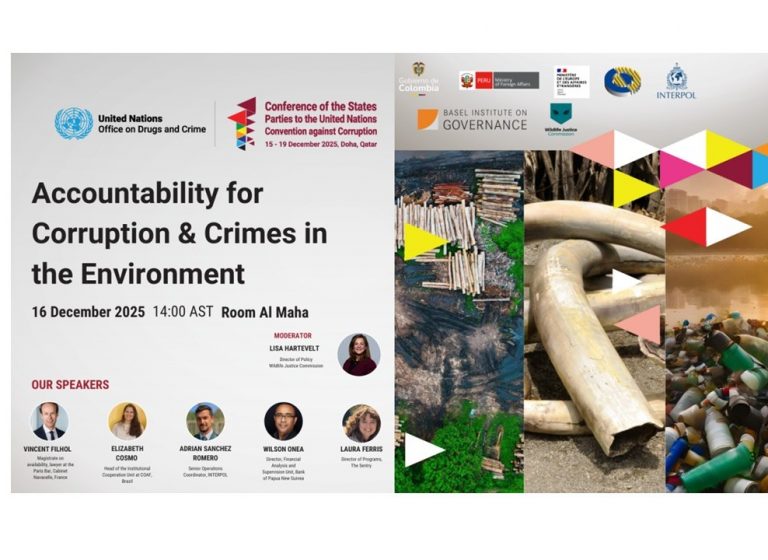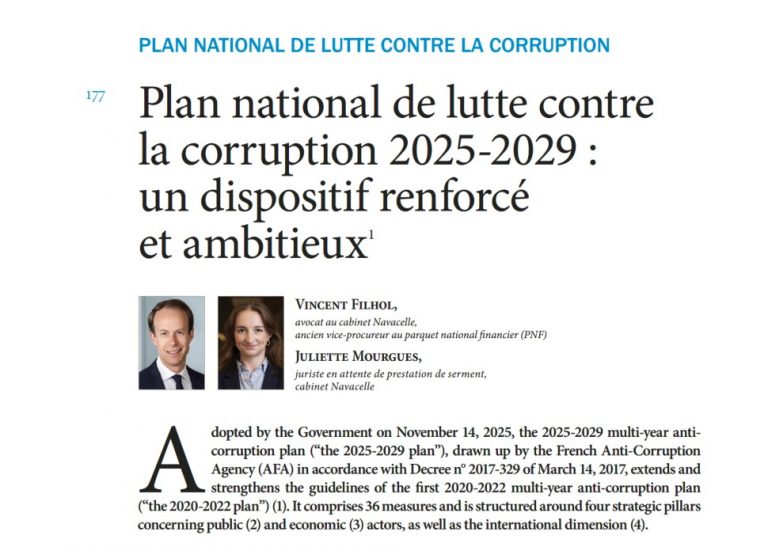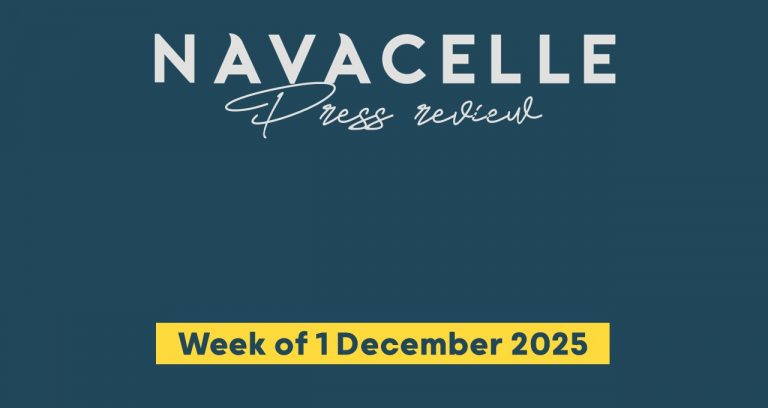Among the 50 most influential people of the year 2021, Bloomberg readers could discover a remarkable figure: Anne Brorhilker, Attorney General of Cologne. Her battle: fighting against the so-called “CumCum” and “CumEx” practices, dividend arbitrage strategies that allegedly enabled more than a hundred billion euros to be stolen from various European tax authorities.
These strategies aim to elude or evade taxes on dividends by means of quick transfers of company shares, or even to obtain refunds on taxes that were never paid.
Today, investigations are progressing across Europe, and some believe that these widespread practices may lead to numerous tax reassessments and criminal prosecutions.
I. “CumEx Files” Scandal
Dividend distributions are subject to taxes in most countries, in France a flat tax of 30%. Nevertheless, to attract foreign capital, many states, including France, allow for more favorable taxation of dividends distributed abroad. Depending on the country and the tax treaties in effect, a foreign shareholder may be taxed at only 15, 10 or even 0% on dividends received, as is the case in Qatar, for example[1].
Consequently, strategies have been put in place to reduce the tax impact on the perception of dividends.
Among these tactics, “CumCum” practices are the simplest and most widespread ones and refer to the transfer of securities “with” (cum in Latin) dividends. The strategies consist in briefly transferring the ownership of securities to a person residing in a country benefiting from an advantageous tax regime on dividends, while waiting for the payment of dividends. Once the payment is made, the securities and dividends are returned to the “beneficial” owner. The beneficial owner then receives tax-free dividends in return for a commission paid to the intermediary. The owner of the securities has thus avoided paying taxes on dividends.
Alongside these “CumCum” strategies, the “CumEx” practices have also emerged. Invented by the German tax lawyer Hanno Berger, now residing in Switzerland and subject to a pending extradition request by the German authorities, these practices consist in passing securities from one person to another very quickly, so that several people appear to be the owners of these securities. Each of these individuals then claims a tax credit on the profits attached to the dividends or a refund on the dividend withholding tax. This, even though they did not or will not pay that tax[2].
These “CumCum” and “CumEx” practices were brought to light by the investigative work of a group of international media (the so-called “CumEx Files”) and raised a scandal in several European countries.
II. Potential criminal repression of dividend arbitrage practices in France
It appears that the use of of such “CumEx” practices in France has been limited because of existing French tax rules, and in particular due to the abolition of the tax asset method (méthode des avoirs). However, several large banks were reportedly, as early as 2017, suspected by the French tax authorities of having used “CumCum” strategies[3]. These practices are said to have cost France 33 billion euros over more than a decade[4].
In a context of tightening European control over these practices, many believe that “CumCum” strategies, like “CumEx” practices, could lead to criminal proceedings in France in a near future.
The facts are often well established, albeit complex. It is therefore on the legal qualification of the facts that the proceedings will focus, and in particular as to whether such practices constitute tax fraud. The natural and legal persons having benefited from such practices could be prosecuted as principal perpetrators, while the banks and financial advisors and institutions having provided aid or assistance to such practices could be prosecuted as accomplices.
In any case, the criticism of “CumCum” practices is part of a more global movement of increasing penalization of tax law. With the end of the monopoly of the French tax administration on initiating tax enforcement proceedings, tax fraud prosecutions have increased significantly, and have thus doubled between 2018 and 2019[5]. Hence, a penalization of these practices seems to be a realistic possibility in the future.



